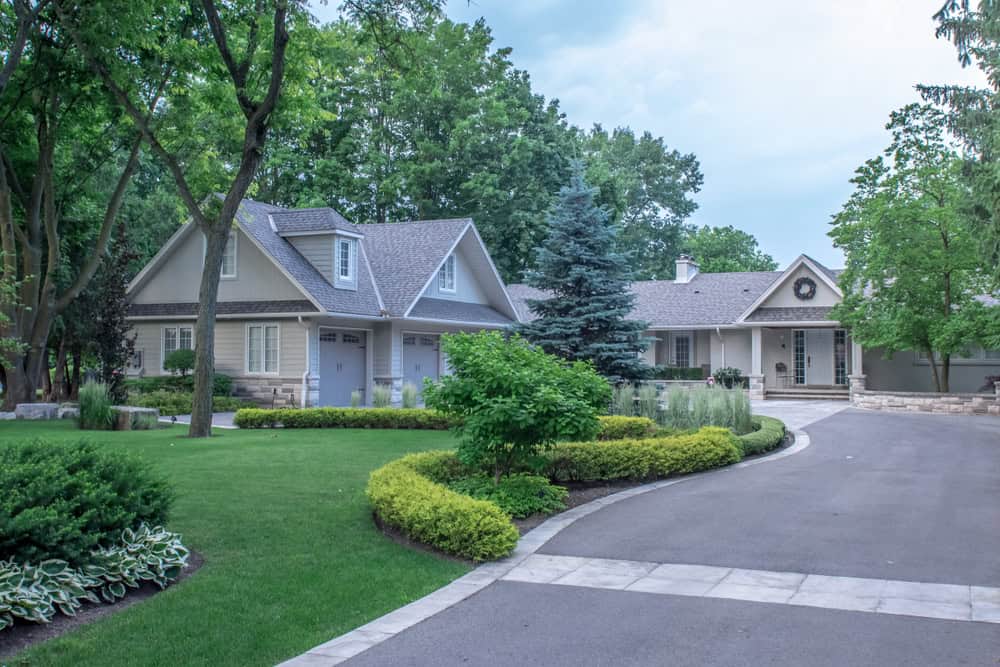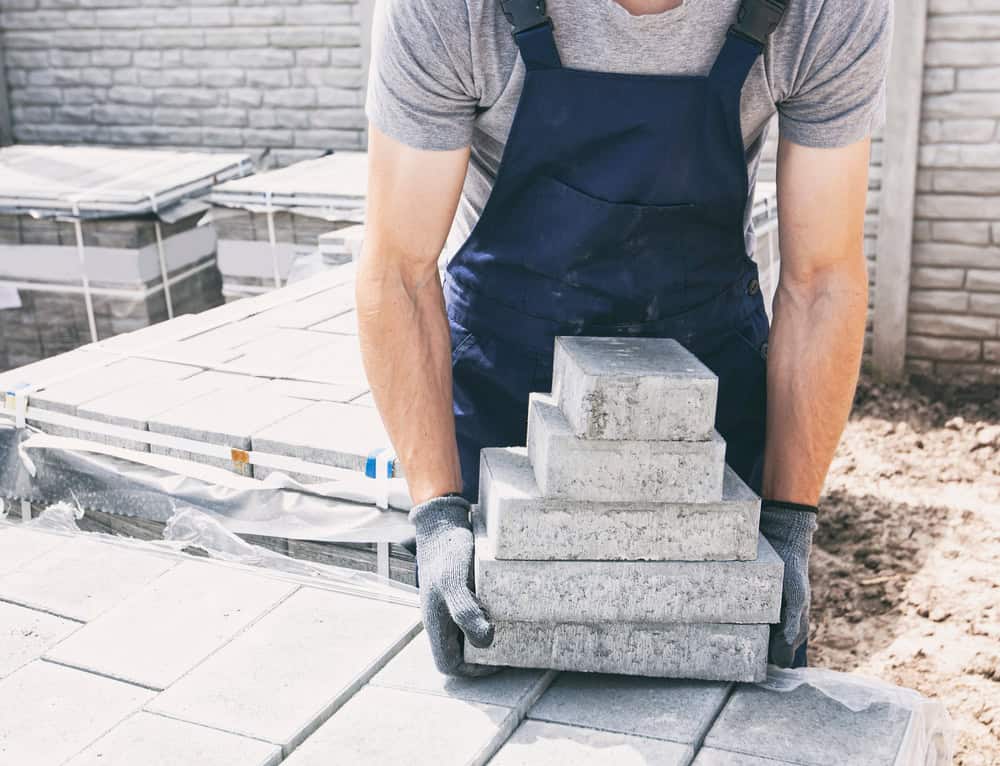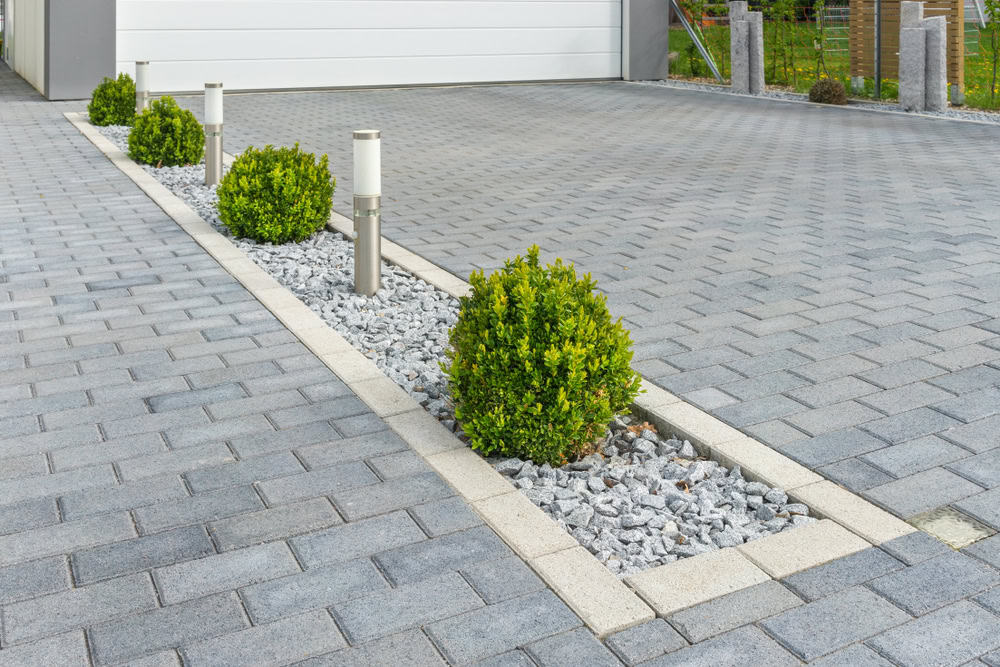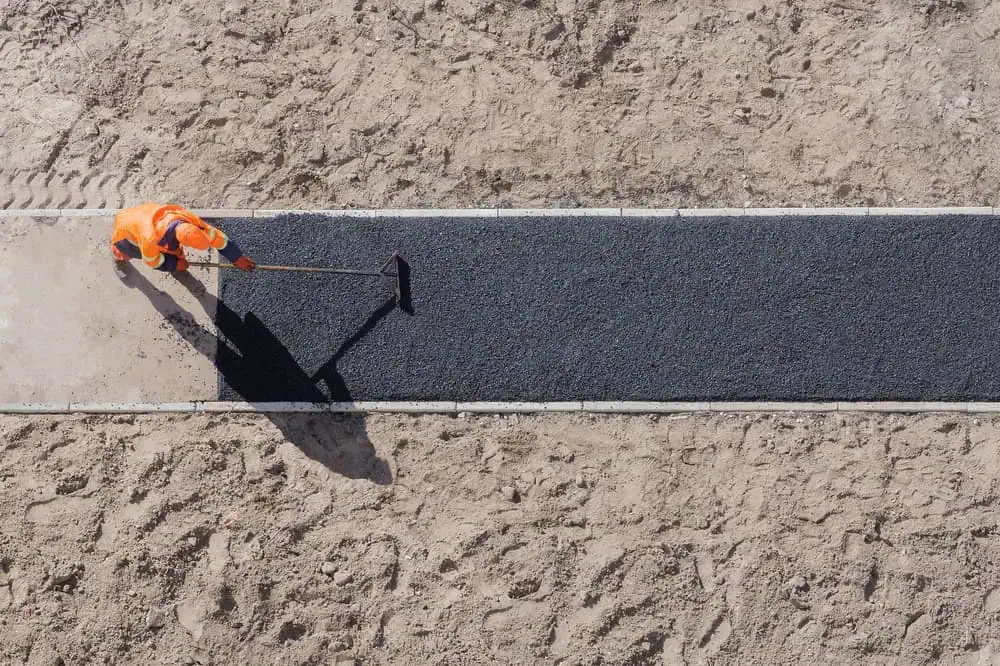Professional paver installation that handles New England weather and looks incredible for decades.


Your outdoor space becomes the place everyone wants to gather. No more cracked concrete or uneven surfaces that make you cringe every time you walk outside.
Quality paver installation means your patio, walkway, or driveway handles Massachusetts freeze-thaw cycles without shifting or settling. You get decades of use without the headaches that come with cheaper alternatives.
The right pavers installed correctly increase your property value while giving you an outdoor space you actually want to use. Whether you’re hosting summer barbecues or just want a beautiful entrance to your home, professional paving installation makes it happen.
We’ve been handling paving installation projects throughout Forge Village and surrounding Massachusetts communities for years. We understand what works here and what doesn’t.
New England weather is tough on outdoor surfaces. That’s why we focus on proper base preparation and quality materials that handle everything from summer heat to winter freeze-thaw cycles.
You won’t find us cutting corners on the foundation work that most homeowners never see but makes all the difference in how long your pavers last.

First, we excavate to the proper depth and grade for drainage. This foundation work determines whether your pavers will still look perfect in ten years or start shifting after the first winter.
Next comes the base preparation with crushed stone and sand, compacted in lifts to create a stable foundation. We don’t rush this step because it’s what separates professional paving installation from weekend DIY disasters.
Finally, we install your chosen pavers with proper edge restraints and joint sand. Every paver gets checked for level and alignment before we move to the next section. The result is a surface that looks great and performs even better.

Ready to get started?
Every paving installation includes proper excavation, base preparation, and professional installation with appropriate edge restraints. We handle permits when needed and work around your schedule to minimize disruption.
You’ll see options for different paver materials, patterns, and colors that work well in Forge Village’s climate. We’ll walk you through what makes sense for your specific project and budget without pushing expensive upgrades you don’t need.
Our paving contractor services cover patios, walkways, driveways, and pool decks. Each project gets the same attention to proper drainage and base preparation that ensures your investment lasts.

Local Resources